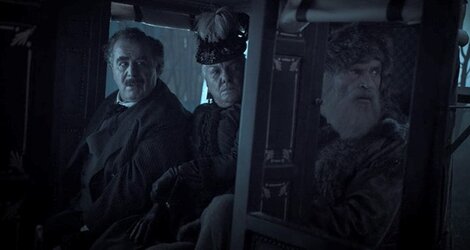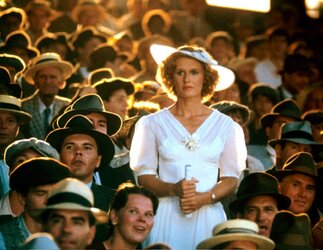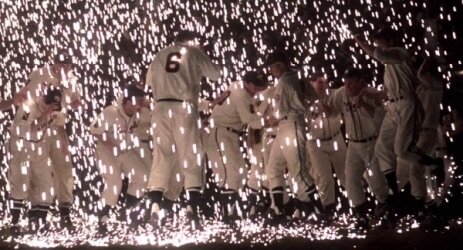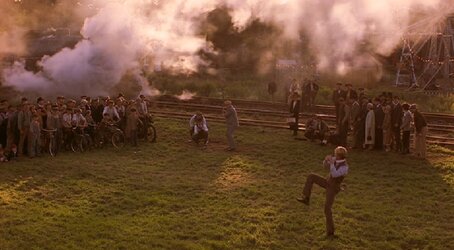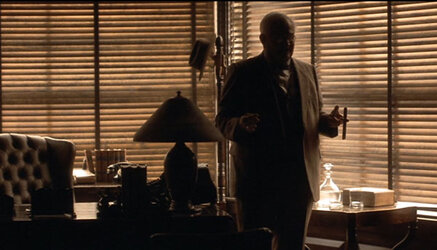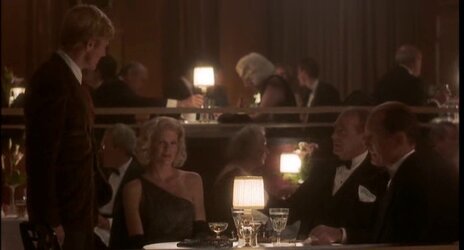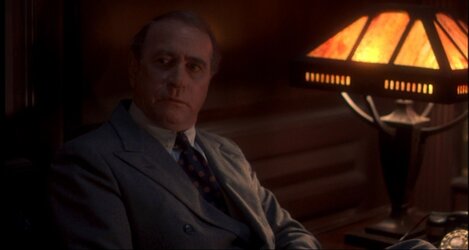I had sort of forgotten about this thread, and Phil's concept of having a place to have a deeper discussion of films that afforded by the other movie threads. I admit that I am a little scared off by Phil's masterful and incisive analysis of The Ballad of Buster Scruggs. I do not know that I am able to present that kind of analysis of any film!
I do find myself thinking a lot about Dragged Across Concrete and noir in general in all of its forms and vintages. I am wondering whether DAC is worthy of a deeper discussion and whether enough folks have seen it to talk about it without spoiling it for too many people even given the spoiler warnings. I do think it is a great film example of sort of anti-heroes. Protagonists that are not all that likeable. Who are flawed. But nevertheless mostly try to live by some code that they have internalized, and the lessons in how that works out for them. That and the darkness morally and in the lighting of the film itself, and violence of this piece of film-making.
I suppose the question is what is all of this supposed to mean? Anything? Or is this just a metaphor for life being essentially struggle and meaninglessness?
I do find myself thinking a lot about Dragged Across Concrete and noir in general in all of its forms and vintages. I am wondering whether DAC is worthy of a deeper discussion and whether enough folks have seen it to talk about it without spoiling it for too many people even given the spoiler warnings. I do think it is a great film example of sort of anti-heroes. Protagonists that are not all that likeable. Who are flawed. But nevertheless mostly try to live by some code that they have internalized, and the lessons in how that works out for them. That and the darkness morally and in the lighting of the film itself, and violence of this piece of film-making.
I suppose the question is what is all of this supposed to mean? Anything? Or is this just a metaphor for life being essentially struggle and meaninglessness?







